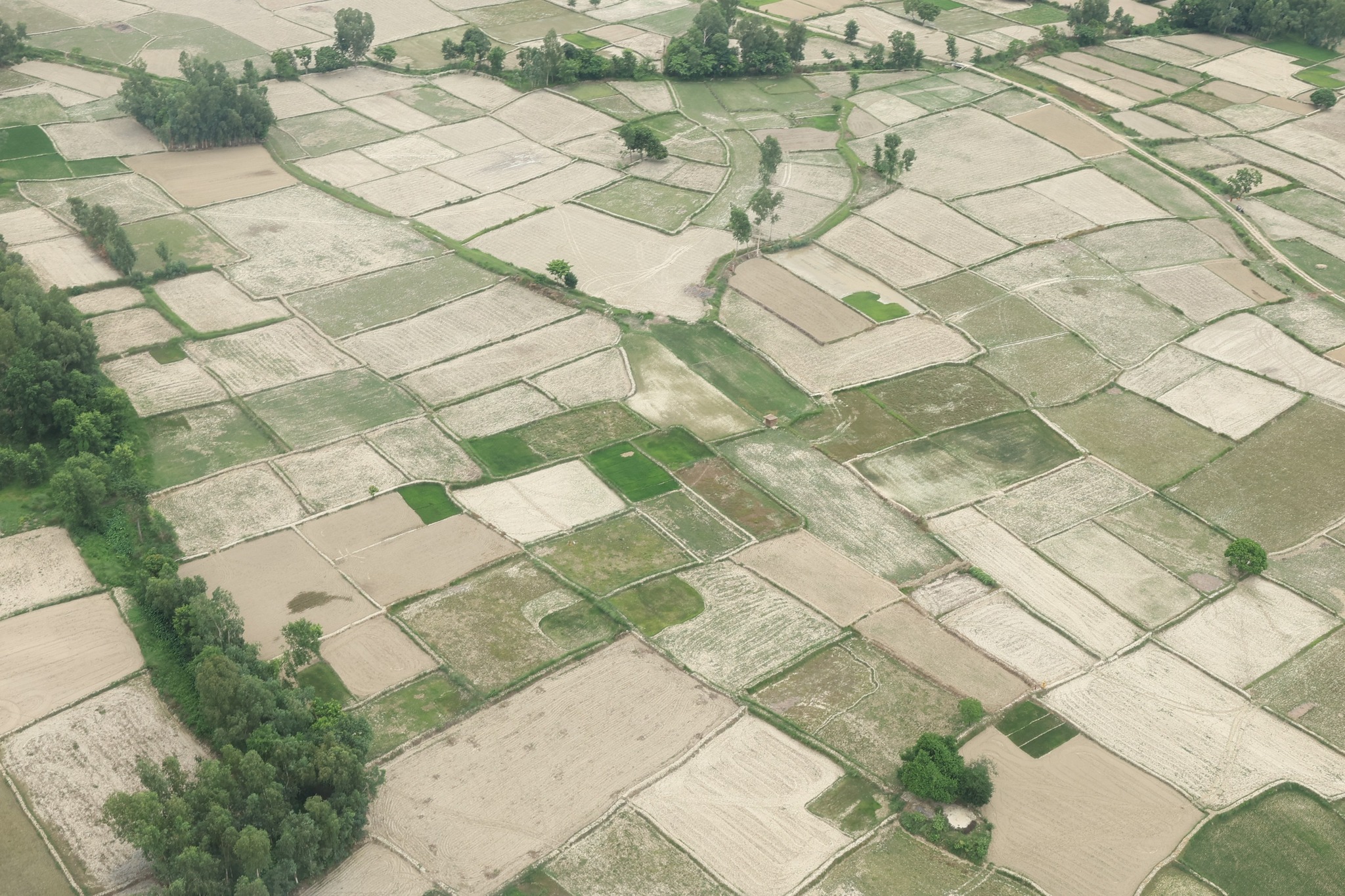This year, madhes province has been declared a disaster-prone area due to drought due to lack of rainfall even in the rainy season.
Due to lack of rain, farmers could not sow paddy in the fields. Due to lack of rain water in the field, the crops planted have also started drying up.
The government on Monday declared Madhes province as a disaster-prone area without announcing a relief package. Nearly two weeks after the provincial government declared it a drought-prone area, the federal government has also declared it a disaster-prone area.
Madhes province is at the bottom of the country except Karnali province in terms of crop insurance due to the cumbersome process of insurance, lack of awareness about insurance, and the difficulties faced to get insurance compensation.
Due to lack of crop insurance, this time the farmers are unlikely to get compensation for the loss due to drought.
The state and federal government’s disaster-prone area declaration program is a program without a relief package, like the drought of madhes fields, due to this announcement, the people of Madhes province have not been able to feel any relief.
Madhesh is looking forward to the government’s policies and support not only for the time being but also for the long term.
Need for index-based insurance:
The Government of Nepal has implemented a seasonal index-based crop insurance program in karnali province and some districts of Lumbini with the grant assistance of foreign donor organizations. The insured farmers of the district where this program is implemented automatically receive the payment of compensation claim in case of unseasonal or excessive rainfall even if the insured crop is not damaged.
It is necessary for all the three levels of government to take initiative to implement such an insurance program in Madhes province as well. If the benefits of this insurance program could be extended to the farmers of Madhes province, even if there is a famine in the dry season, the farmers would have the option of arranging two meals with at least the insurance compensation money. come e
Insurance compensation would have saved the farmers from becoming poor and would have saved the farmers from cultivating again next year, not allowing self-confidence to weaken.
Deep boring causes even more serious problems:
Prime Minister KP Sharma Oli on Friday announced that the government would distribute water by burying 500 deep borewells in the province.
While his announcement sounds amazing to solve the immediate problem, it will make the drought-hit Madhes even more dry. The water level below the ground level will recede and go down further. According to experts, extracting water up to the first level under the ground does not cause much damage to the groundwater resources, but after the rain, this layer is filled again. But if the second layer of water is repeated, then the rain water will not be compensated for it, the soil of the land will become more dry and the problem will worsen.
Therefore, even if water is distributed at the doorstep with the help of deep boring or fire brigade immediately, it will not provide a permanent solution in the long run. Climate change, chure exploitation, excessive sand mining from the rivers flowing through Chure and Mahabharata, but also physical infrastructure built in urban areas to prevent water from being absorbed under the ground has also added to the problem.
The state government has appealed to the locals and distributed water in some places through fire engines with the help of The Nepal Army. On behalf of the federal government, deep borewells have been buried for the residents of the water supply minister’s constituency.
The government is yet to provide relief to Madhes province, which has been declared a disaster-prone area. It has been two weeks since the Madhes state government declared it a drought-prone area and the federal government has also declared it a disaster-prone area.
Government announcements and preparations:
The government, which has announced to carry out short-term, medium-term and long-term relief programmes in Madhes province, has immediately started burying deep borewells. According to the Federal Ministry of Agriculture and Livestock, the relief program will be brought on the basis of the report received from the on-site monitoring of eight districts of Madhes by forming a study task force to suggest the relief program.
Experts have also suggested studying alternative farming in drought-affected areas to avoid food crisis.
Lawmakers representing Madhes province in the House of Representatives have suggested rescheduling of farmers’ loans and cash subsidy to small farmers. They demanded that initiatives should be taken to encourage seasonal farming and to continue farming in Madhes through alternative means of irrigation despite drought.
Source - https://insurancekhabar.com













